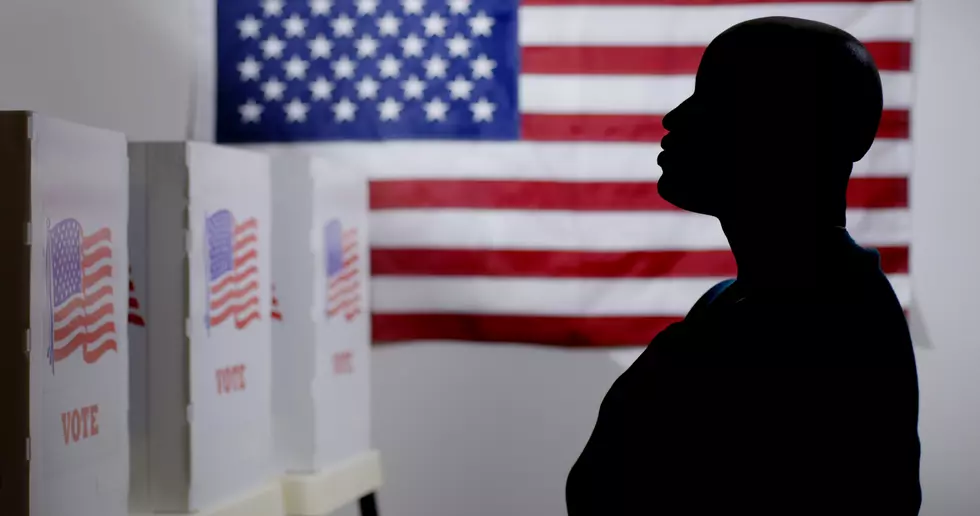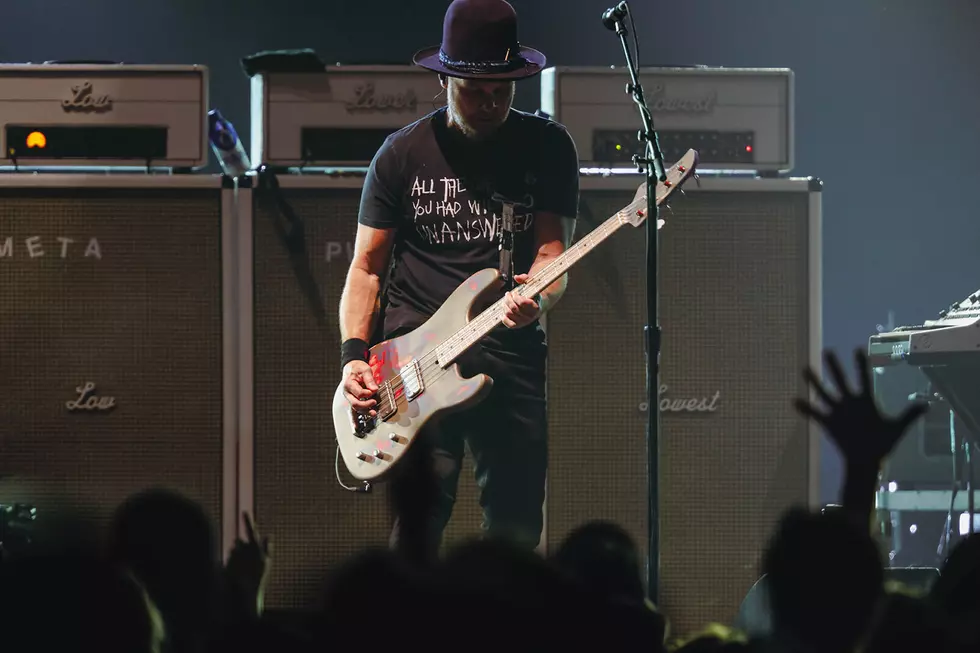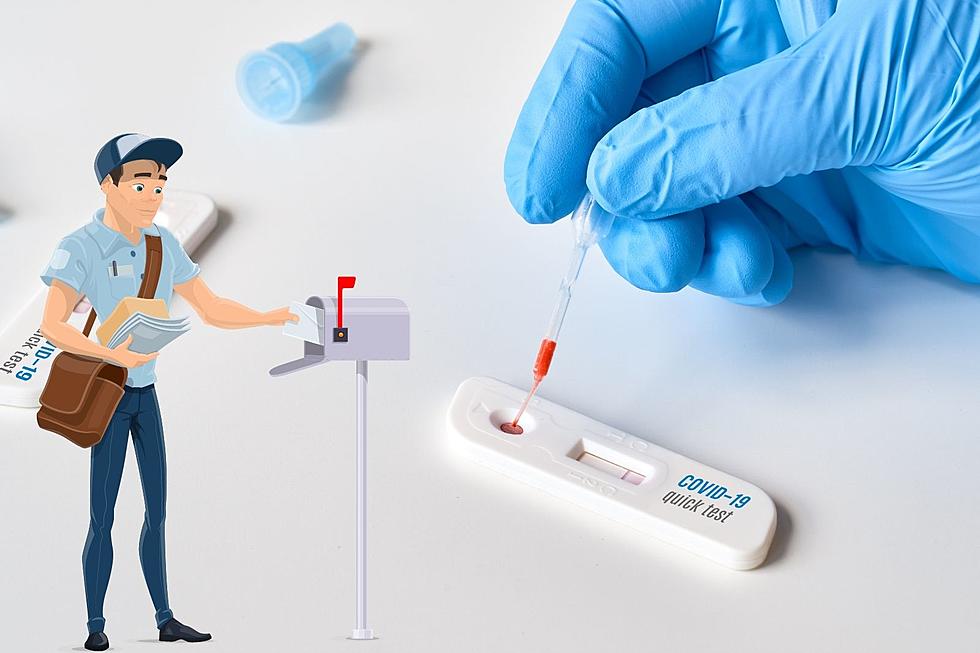
Concerned About COVID? Here’s Your Options for Voting in Indiana
COVID-19 has thrown literally everything out of whack. Concerts, charity events, sports, life in general, everything. With little to no sign of the spread slowing down, and concerns ramping up from medical experts that cooler temperatures and the start of flu season could throw an even larger wrench into a containment effort that is already struggling, there's still so much unknown about how the remainder of the year will play out and what impact it may have on voter turnout when Election Day rolls around on November 3rd.
Earlier this year, the Indiana state government pushed back our annual primary election one month from May to June due to the pandemic, and temporarily adjusted the state's absentee voting rules to allow any voter concerned about possibly contracting COVID-19 from in-person voting to cast their ballot by mail. Some legislators were pushing to expand that to the general election, but, as of last week, those legislators were outnumbered, and that won't happen.
What this means for you is that if you are worried about possibly catching COVID-19 at the location where you cast your vote, you can't use that as an excuse for requesting an absentee (a.k.a. "mail-in") ballot.
However, like every rule, there are exceptions. According to the Indiana Election Commission, you can still request to vote absentee if one of the following reasons for needing to do so applies to you:
- You have a specific, reasonable expectation that you will be absent from the county on Election Day during the entire 12 hours that the polls are open (6 am until 6 pm).
- You have a disability.
- You are at least 65 years of age.
- You will have official election duties outside of your voting precinct.
- You are scheduled to work at your regular place of employment during the entire 12 hours that the polls are open.
- You will be confined due to illness or injury or you will be caring for an individual confined due to illness or injury during the entire 12 hours that the polls are open.
- You are prevented from voting because of a religious discipline or religious holiday during the entire 12 hours that the polls are open.
- You are a participant in the state's address confidentiality program.
- You are a member of the military or a public safety officer.
- You are a "serious sex offender" as defined in Indiana Code 35-42-4-14(a).
- You are prevented from voting due to the unavailability of transportation to the polls
In the event none of those apply to you, there are a couple of options
- Don't vote at all
- Vote early in-person
Let me be perfectly clear and say while option 1 is a legitimate option, I STRONGLY discourage you from making that your choice. That is my opinion with every election, ongoing pandemic or not.
With option 2, you will still need to cast your vote in person, however the likelihood of a large crowd being there to do the same thing at the same time is less thanks to the fact the state gives you 28 days to vote instead of the 12 hours you'll have on Election Day itself.
For the 2020 Election, early voting begins October 6th and ends at noon on November 2nd. Where you go to cast your vote depends on the county you live in. To find out where that is for you, which could be multiple locations depending on the population, visit the state's Election Commission website to find your location.
Also, click the button below to check out our full list of resources covering everything you need to know about voting and the upcoming election, including a number of political terms you'll likely hear frequently as Election Day gets closer.
[Sources: Science Magazine / WHAS-TV / Indiana Election Commission / IndianaVoters.gov]

5 Stages of Being Tested for COVID-19 From Personal Experience
How To Properly Wash Cloth Face Masks
More From WGBF-FM









